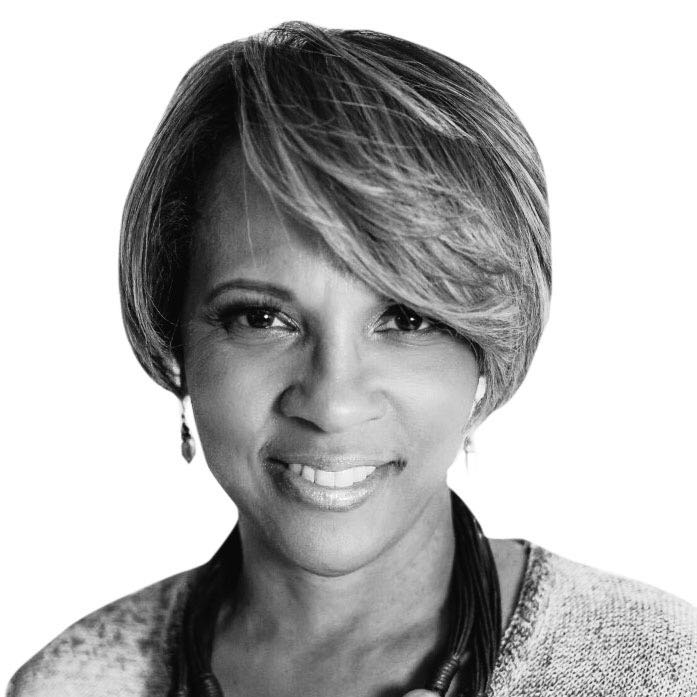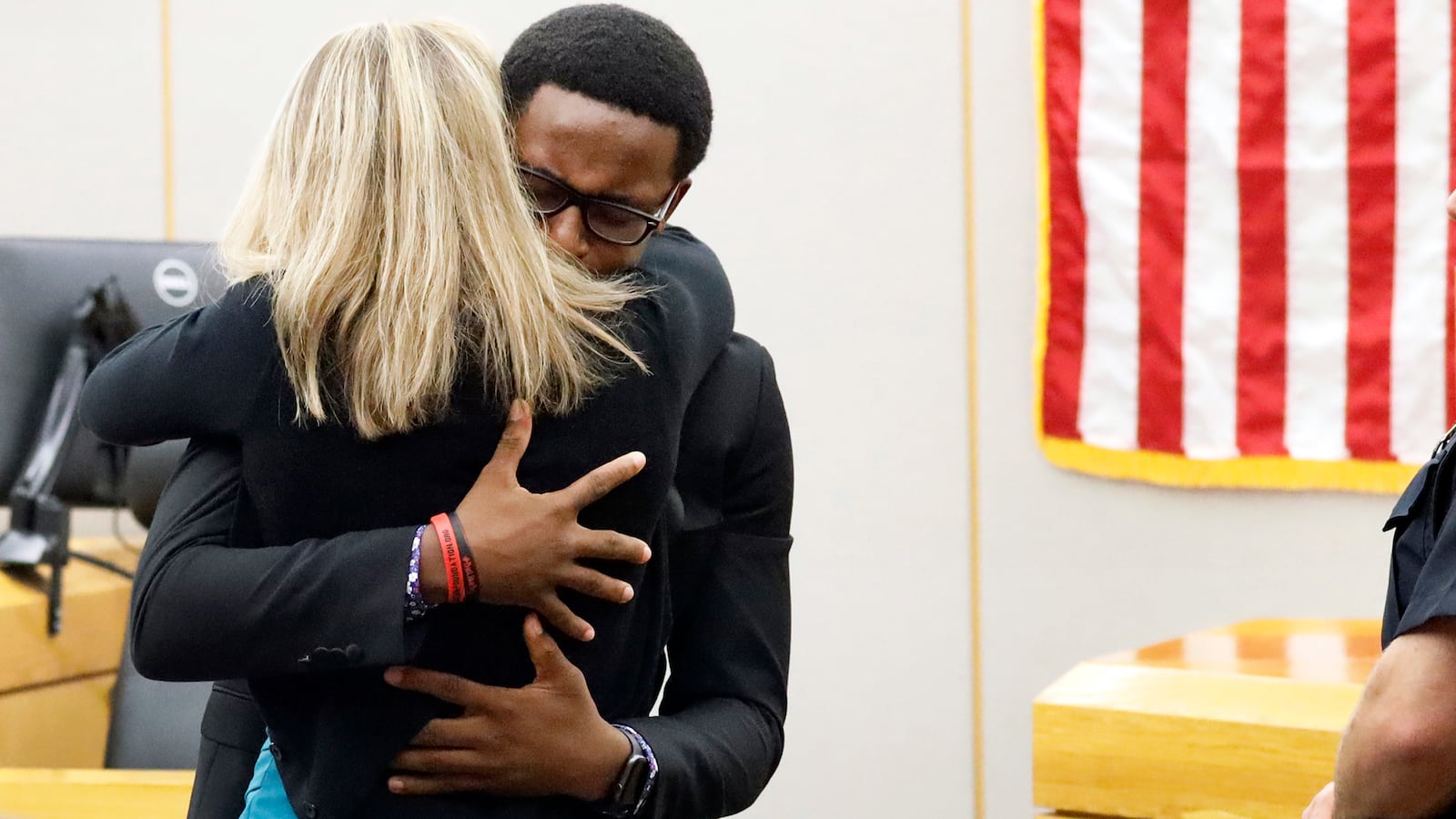We have seen this movie before. No. Not at the movies. In real life.
In Charleston, South Carolina, in the summer of 2015. There is great turmoil in the Palmetto state amid cries to remove the confederate flag from atop the State House. America is grappling once again with its racial past vis-à-vis Confederate monuments and whether or not they should be removed.
A neo-Nazi named Dylann Roof walked into the historic Mother Emanuel AME Church and sat through a peaceful Bible study, and, after it ended, killed nine black men and women in the church with an assault weapon. Left the church. Was captured peacefully by police, and taken to Burger King to eat before he was interrogated.
After this horrific racist, terrorist act, members of the shattered families were interviewed and some of them offered forgiveness and mercy to the unrepentant murderer, much as Botham Jean’s brother, 18-year-old Brandt Jean, hugged 31-year-old former Dallas police officer Amber Guyger as she was sentenced this week for murdering his older brother.
This latest embrace happened months after the one witness to the murder, a black woman who recorded the incident, says that she lost her job and her professional credentials for recording its aftermath as people left her death threats and told her employer she was an anti-police radical. Imagine that, the woman whose recording was taken and suppressed as evidence, was smeared as an anti-police black radical.
This is a part of the America we experience as black and brown people daily. Not only do we receive no apologies when wronged, we are constantly told we are making racism up, and that we need to shut up and stop being trouble-makers.
As a devout lifelong Christian, I believe in forgiveness and grace. I need them every day of my life. But I also believe in truth and consequences. I believe that those who commit mortal sins like premeditated murder, like Roof, should suffer the highest penalty—death themselves.
As to Guyger, who claims she mistakenly shot her neighbor as he sat in his home eating ice cream after she entered his apartment thinking it was her own, her lawyers failed her. They should have fought for her to get a plea deal for manslaughter, which in Texas requires “reckless” conduct versus premeditation. Instead, they put the city of Dallas and the family through a public trial. In the end, Amber Guyger was convicted of murder and received a sentence of 10 years.
I am in no position to tell a grieving family member how to feel. That is deeply personal. But as a black citizen in a nation that routinely assaults and assails black men, where any of us who are driving while black can be shot or worse, murdered at the hands of law enforcement, it is hard to see another black person publicly tell another white killer, “I forgive you.” I believe God is in the forgiving business. And that law enforcement is in the justice business.
The reality is black people have been conditioned in America to be “forgiving” when our white brothers and sisters do us harm. It dates back to slavery. It extends through Jim Crow. It was tested during the Civil Rights Movement when Dr. Martin Luther King Jr. called for peaceful non-violent protest in the face of brutality and lynchings of black people in the South. Malcolm X and his camp had a different take: We will fight back. We will not take it. We will beat the hell out of those that beat us.
Dr. King’s strategy was of course much more palatable to moderate white Americans watching the march on Selma and other events where blacks could be seen being beaten, attacked by dogs or hosed, and it moved public opinion in favor of civil rights.
But at what cost? Why do black people always have to be like Rep. John Lewis, whom I revere but who forgave a white racist who almost beat him to death on the Edmund Pettus bridge in Selma? Why must our mothers stand and forgive racist police officers for choking their sons on the sidewalk? Why must we always show our temperance, and goodness, when others take our lives? Why does the forgiveness always seem to go in one direction?
The answers are complicated at best, and come from our deep and abiding faith traditions: to be long-suffering, and to believe that God will fight our battles. That’s all fine, but not in the criminal justice system. And it was wrong for Judge Tammy Kemp, a black woman, to cry as she, too, hugged the killer and gave her a Bible.
A judge’s role is to be dispassionate, fair, blind to emotions, adhering to and considering facts, evidence, and the law. We as a people, who have been deeply wounded by our country, and the judicial system have to stop being so emotional. And we need to focus on securing righteous justice for our lives before they end in senseless violence.







